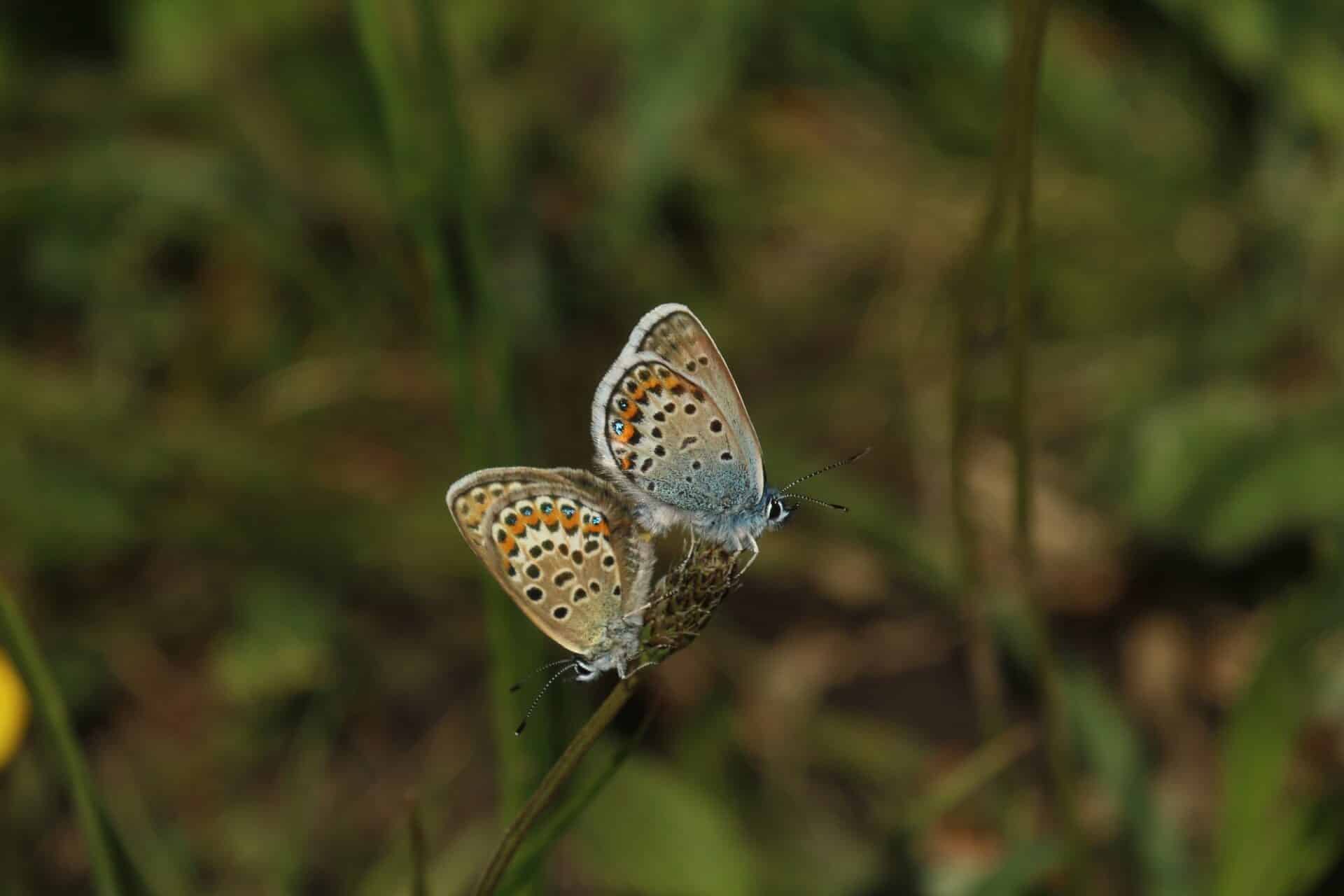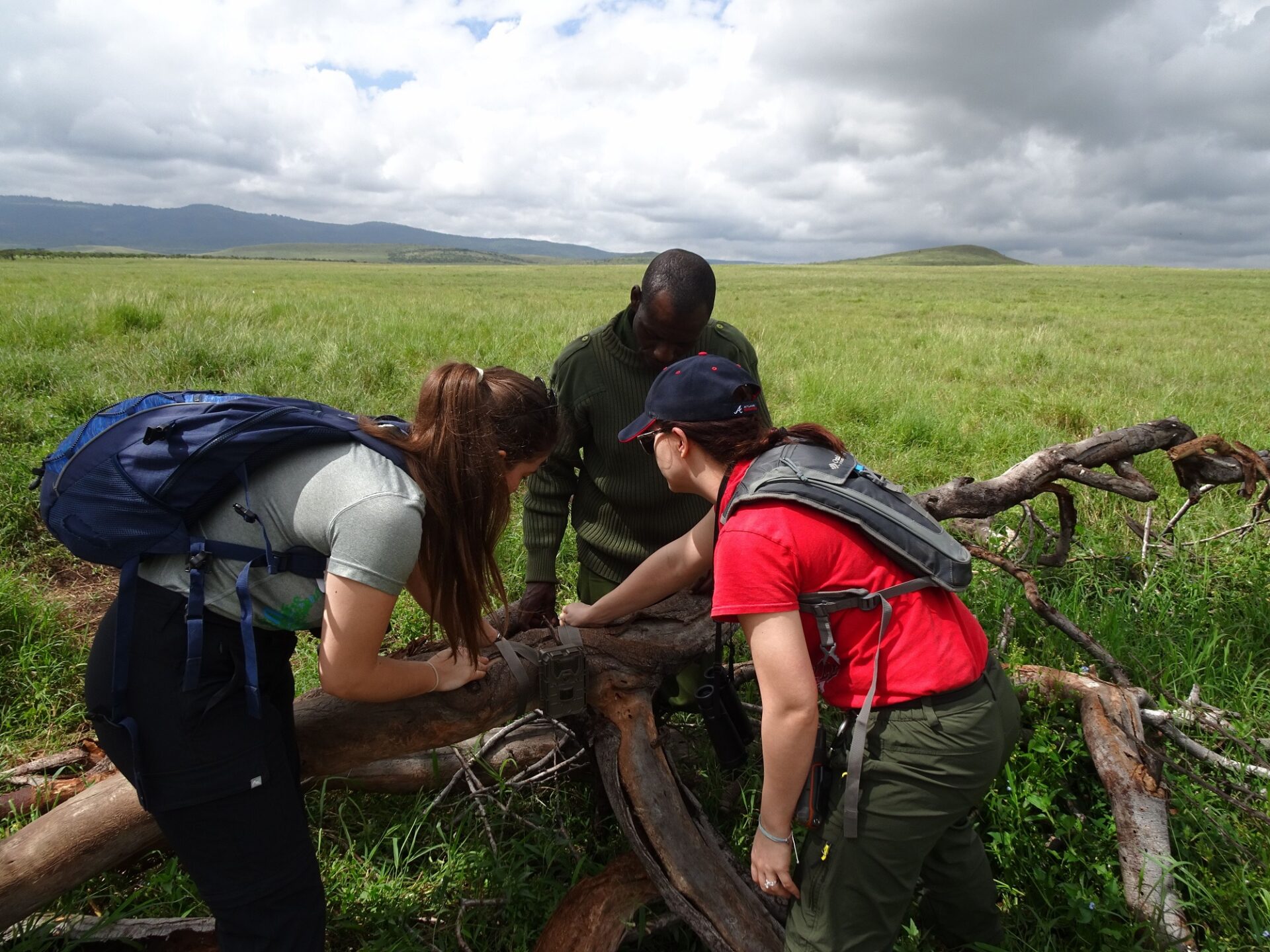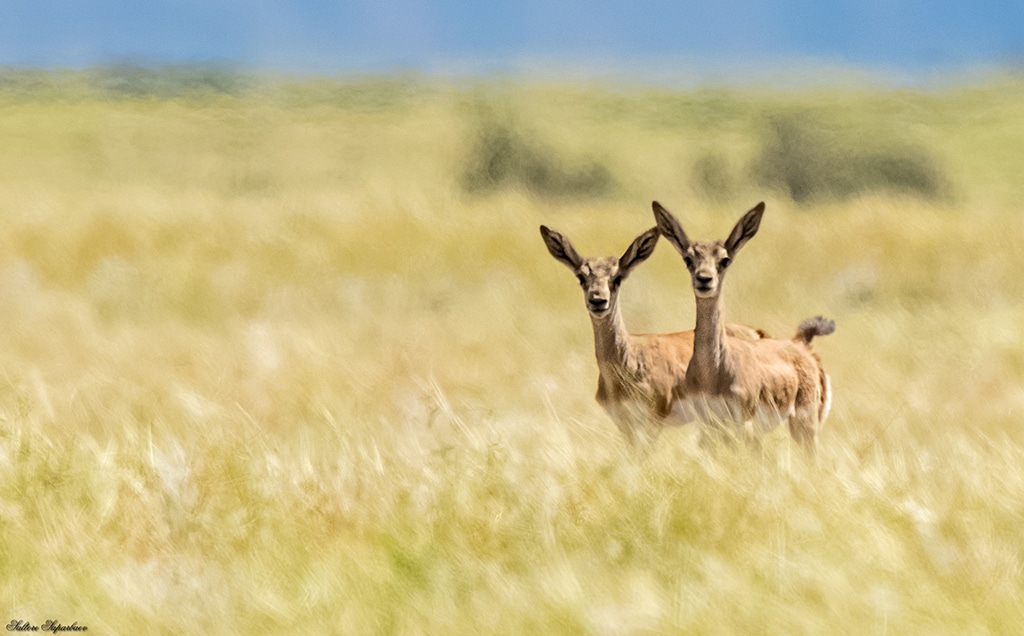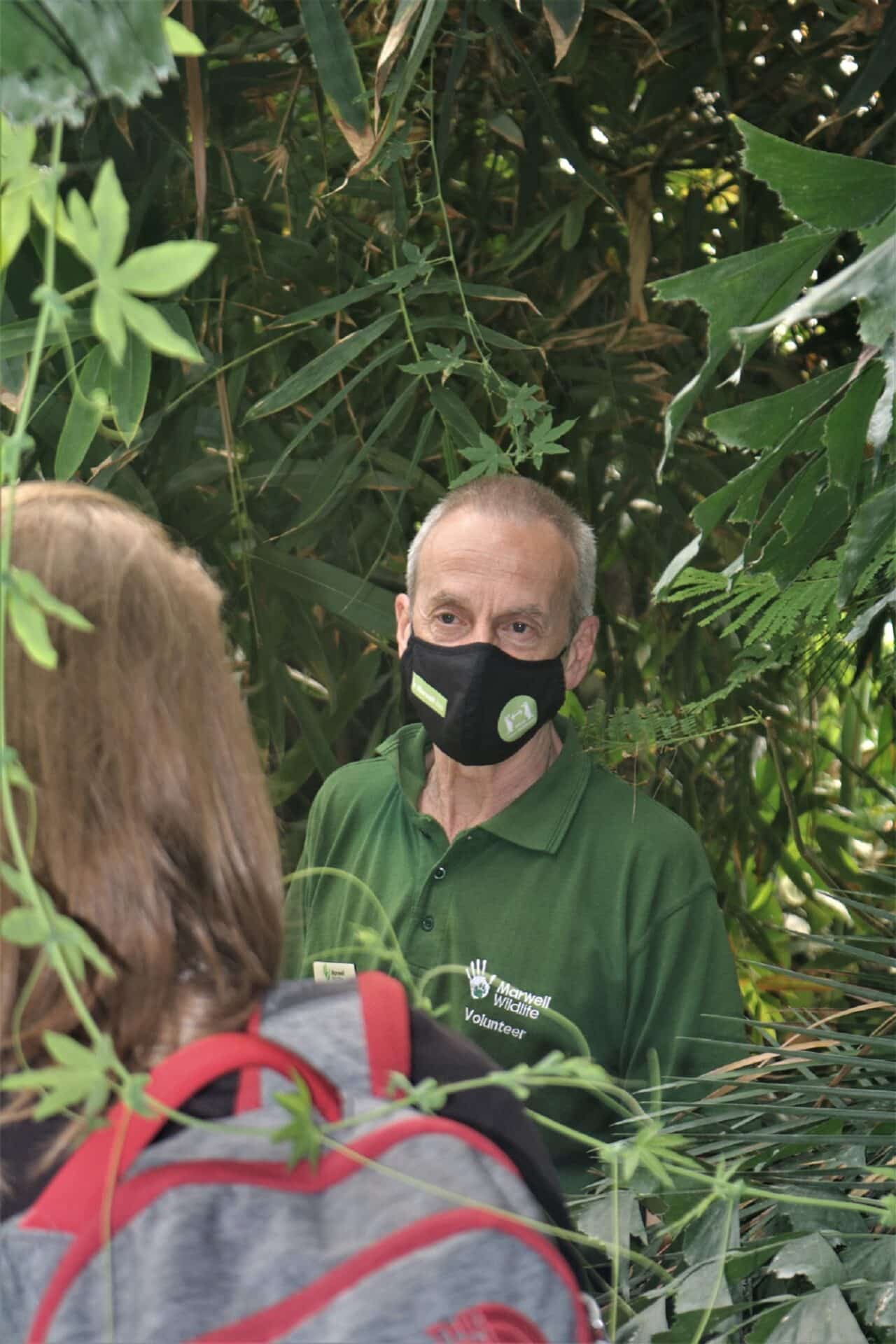Impact Report 2020
May 19, 2021
May 19, 2021

We are delighted to share with you our newly published Impact Report for 2020. Here you will find highlights of our work to restore nature, promote sustainable living and help catalyse changes needed to improve the fortunes of people, wildlife and the wider environment.
Inevitably, every aspect of our work was disrupted by the emergence of severe acute respiratory syndrome coronavirus 2 (SARSCoV-2), the virus responsible for COVID-19 and the ensuing global pandemic, with consequences for our finances, timeframes and working practises. However, our teams, wherever they work, were careful to follow legal and public health requirements to help combat this devastating pandemic. While the magnitude of our impact and pace of progress was not as we might have wished, the flexibility and fortitude exhibited by our teams and partners meant that we nevertheless achieved much against the odds.
Our work in the UK and internationally highlighted the different scales at which we operate. At the molecular level, advances in our understanding of the genetics of reintroduced desert antelopes are now informing management of their meta-populations, with lessons for species conservation elsewhere. Species like the silver-studded blue butterfly, sand lizards and insectivorous plants are doing well under our stewardship in relatively small patches of land in the south of England, showing what we can accomplish with modest resources and long-term commitments. Meanwhile, our work to understand the status of goitered gazelles in Kazakhstan and slender-horned gazelles in Tunisia was a reminder of the vast tracts of land these animals need for their survival and why conservation must span landscapes beyond protected areas and political boundaries.
By the end of 2020, our carbon footprint was 77% below that of our baseline year in 2008 as we made progress towards our goal of zero carbon. We made some impressive savings in water consumption following closer monitoring and targeted intervention, while our Environmental Management System was recertified for the 11th consecutive year.
Education and engagement are normally about bringing people together, but these activities were necessarily curtailed or adapted throughout 2020. Where fieldwork wasn’t possible, our cohort of students undertaking the MRes Wildlife Conservation in collaboration with the University of Southampton took advantage of our long-term datasets to produce some novel and exciting research projects. Similarly, our veterinary team created virtual lectures, workshops and clinical rounds for students from the University of Surrey School of Veterinary Medicine as they adapted teaching to the prevailing circumstances. We saw a doubling in the number of early years foundation stage, primary and secondary curriculum-linked materials downloaded as families accessed education resources to support schoolwork at home.
Our efforts to influence policy and practise continued as we engaged governments and statutory agencies internationally on a range of issues. We came together with colleagues from the UK’s other large charitable zoological institutions to articulate our collective value in the wake of coronavirus restrictions and seek governmental support through these difficult times.
For more about these, and many other initiatives, please read the full report.

Photo credit: Nicholas Montegriffo


Photo credit: Saltore Saparbayev, Kazakhstan
